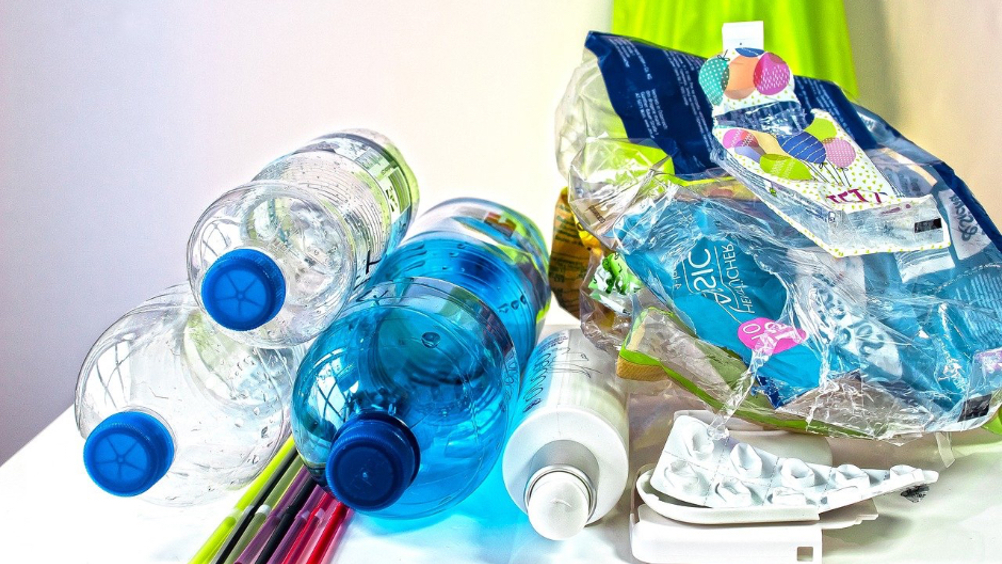New catalyst process could reduce plastic waste
Researchers from Osaka City University and Tohoko University, Japan, claim to have used a novel catalyst process to recycle plastic waste at ‘significantly lower’ temperatures.

Polyolefinic plastics - the most common type found in everything from food packaging to toys, electronics and liquid fuels - has physical properties that make it difficult for a catalyst to interact directly with the molecular elements.
Current efforts to recycle these plastics require temperatures of at least 573 degrees Kelvin, and up to 1,173 degrees Kelvin. The researchers aimed to find a reaction that required a lower temperature to activate, looking to heterogenous catalysts.
Chemical process transforms plastic waste to fuel
PDK offers circular solution to plastic waste
According to the team, they combined ruthenium, a metal in the platinum family, with cerium dioxide to produce a catalyst causing the plastics to react at 473 degrees Kelvin. While still high for human sensibilities, it requires significantly less energy input compared to other catalyst systems, researchers explained.
“Our approach acted as an effective and reusable heterogeneous catalyst, showing much higher activity than other metal-supported catalysts, working even under mild reaction conditions,” said paper co-authors Masazumi Tamura and Keiichi Tomishige.
Register now to continue reading
Thanks for visiting The Engineer. You’ve now reached your monthly limit of news stories. Register for free to unlock unlimited access to all of our news coverage, as well as premium content including opinion, in-depth features and special reports.
Benefits of registering
-
In-depth insights and coverage of key emerging trends
-
Unrestricted access to special reports throughout the year
-
Daily technology news delivered straight to your inbox










Water Sector Talent Exodus Could Cripple The Sector
Maybe if things are essential for the running of a country and we want to pay a fair price we should be running these utilities on a not for profit...